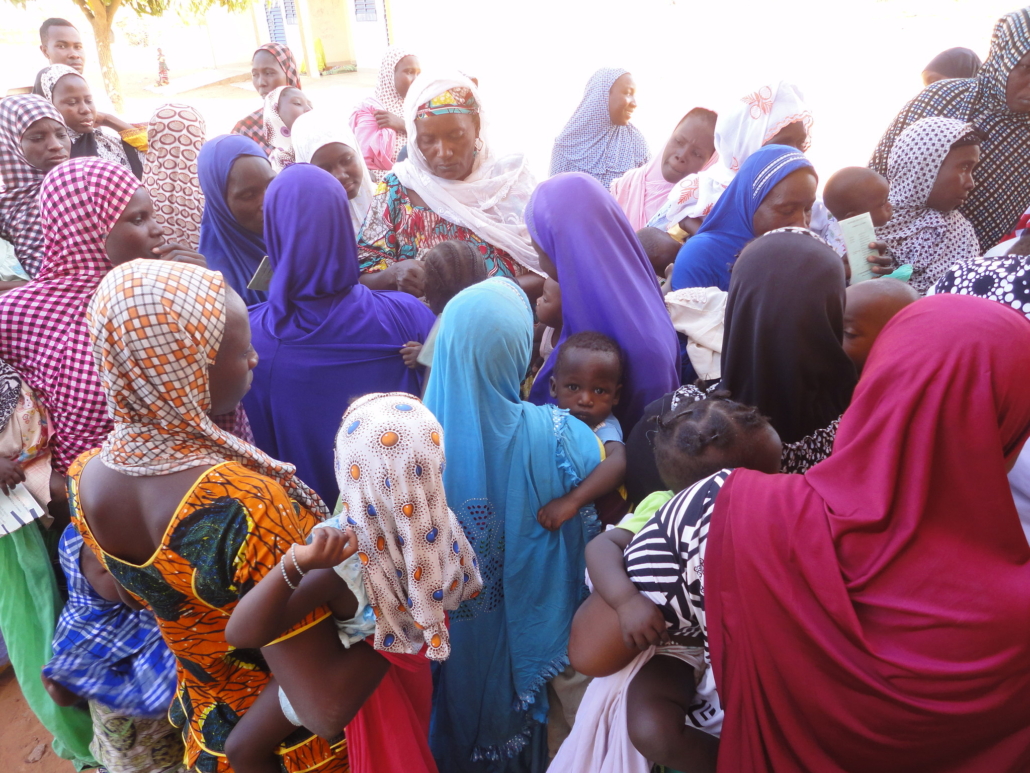Reducing Poverty With Innovations in Niger

For the past few decades, Niger has been working to reduce poverty and improve economic growth within the country. For the past 20 years, the economy has grown by more than 5%, with poverty reducing from 50% to 41%. At the same time, the rapid population growth in the country has increased the number of poor people overall. On the bright side, some innovations in Niger are making a difference.
The World Bank has acknowledged the economic potential in Niger, which is why it is implementing various strategies to amplify its financial strengths and help decrease poverty rates. As of March 2023, the organization has supported the country in funding more than 30 operations to boost innovations in Niger in sectors such as agriculture, energy, education and social protection.
Advanced Irrigation
Around 40% of Niger’s GDP growth comes from agriculture, which is what the country mostly depends on. However, the country is facing “devastating effects of food insecurity” due to the inconsistent rainy seasons and frequent droughts. According to the World Bank, the implementation of agro-technologies to electrify agricultural production or “solar pumps” has aided in promoting stable, irrigation techniques and providing increasing food security. With funding from the World Bank, the Niger Solar Access Electricity Project (NESAP) has enabled Nigerien rural farmers to buy solar power pumps.
Moreover, NESAP was able to acquire $50 million in funding from the International Development Association (IDA) and offer credit to private companies selling solar-powered machines. Since 2017, 800 solar pumps have been sold and used to increase crop production and irrigation landscape in Niger.
Energy Boost
In addition to steady irrigation in rural areas, the incorporation of solar energy has also increased access to electricity for rural citizens. In the upcoming summer of 2023, NESAP will work to offer various solar-powered systems like “grid power, mini-grids and off-grid solutions,” according to the World Bank.
The program was approved funding for $800 million through NESAP to offer cleaner energy for better sanitary cooking. Ideally, this initiative will assist rural families and female-dominant households, as well as over 10,000 farmers and local businesses.
Innovations in Niger to Empower the Rural Youth
Another World Bank-funded innovation is the “Youth Employment and Productive Inclusion Project” which promotes “income-generating activities” for rural youth in Niger. The group empowers young individuals, especially girls and women, to train in job and life skills and entrepreneurship, support groups and mentorships. Currently, the program has been beneficial to around 24,000 youth and counting.
The program has had positive evaluations for women and youth by providing a sense of belonging and psychological well-being while offering a space to learn and feel empowered in unison.
Future Prospects
Working with new agricultural practices and implementing strong, sustainable management systems, Niger can look to the possibility of securing economic and human development. Moreover, with more innovation programs in Niger tailored for better work prospects and support for youth and women in poverty and other human developments, there is hope for a future of better economic stability.
– Alessandra Amati
Photo: Flickr
